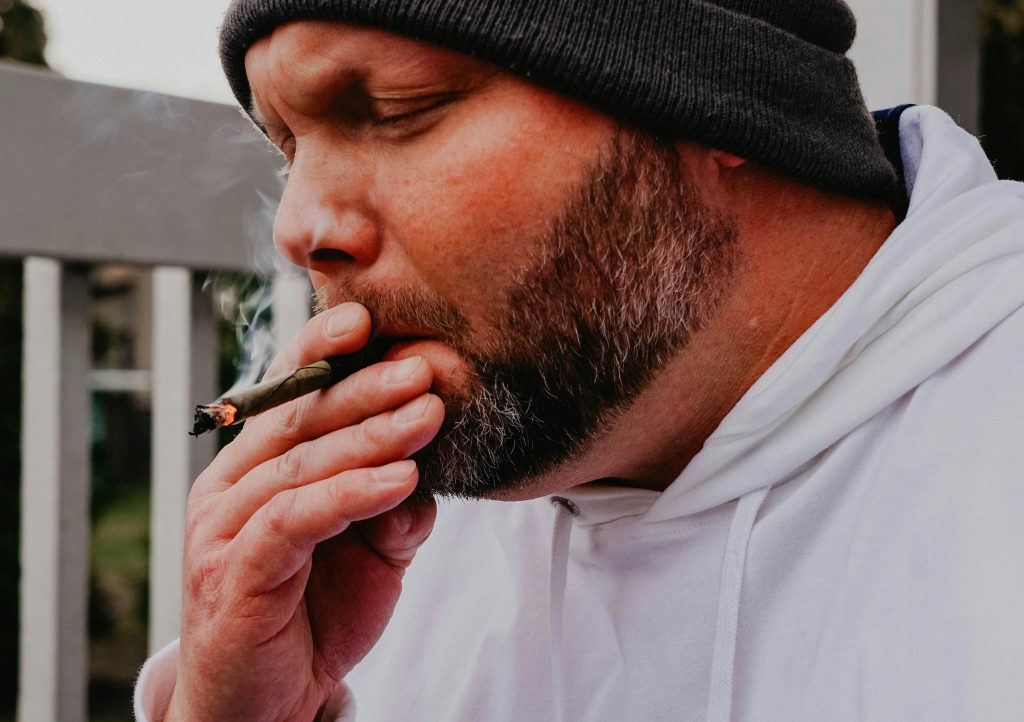
The group promoting a marijuana amendment in Arkansas has hired hundreds of petition canvassers to place their measure on the November ballot, according to documents obtained from the Secretary of State’s office via the Freedom of Information Act.
Arkansans for Patient Access has until July 5 to collect 90,704 valid signatures from registered voters. The group has raised nearly $1 million their amendment campaign this year, according to reports filed with the Arkansas Ethics Commission.
State law lets ballot question committees hire Arkansas residents as petition canvassers to collect signatures.
The list obtained via FOIA indicates Arkansans for Limited Government currently has 381 paid canvassers. The paid canvasser list was first acquired by Family Council Action Committee is available at FamilyCouncilActionCommittee.com.
The marijuana campaign spent more than a quarter-million dollars last month — primarily on petition canvassing.
Most of the campaign’s funding has come from marijuana businesses that would be guaranteed a monopoly if the amendment passes.
Among other things, the amendment fails to limit the amount of THC that marijuana and marijuana products can contain.
Marijuana users would no longer need to show they suffer from a specific medical condition listed in state law — making it easier for people to use marijuana recreationally.
The amendment lets people grow and use marijuana at home, and it would openly legalize marijuana in Arkansas if federal laws against marijuana are repealed.
The measure also repeals significant restrictions on marijuana advertising in Arkansas.
All of this would lead to more marijuana in Arkansas.
Arkansas voters rejected marijuana legalization at the ballot box in 2022. That amendment was opposed by a broad coalition of churches, business groups, elected officials, and citizens who knew that marijuana would be bad for Arkansas. We anticipate similar opposition to the 2024 marijuana amendment.
Articles appearing on this website are written with the aid of Family Council’s researchers and writers.




